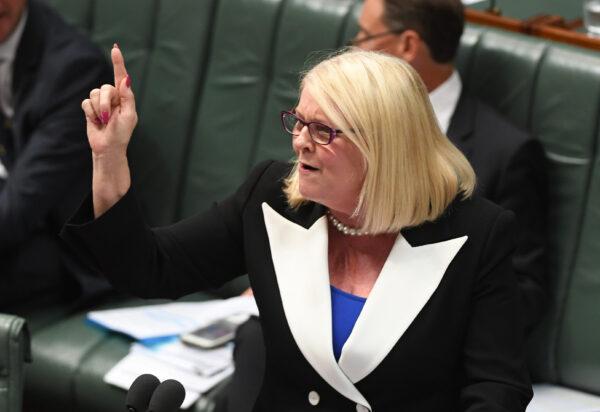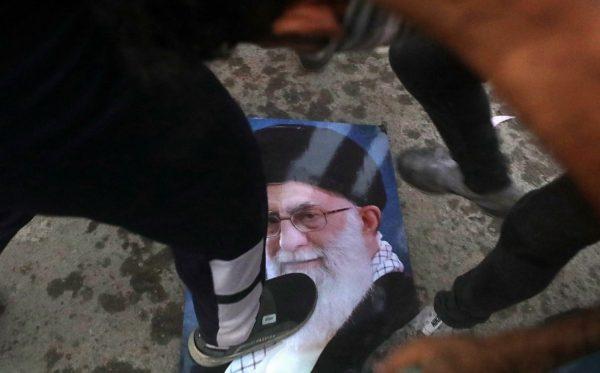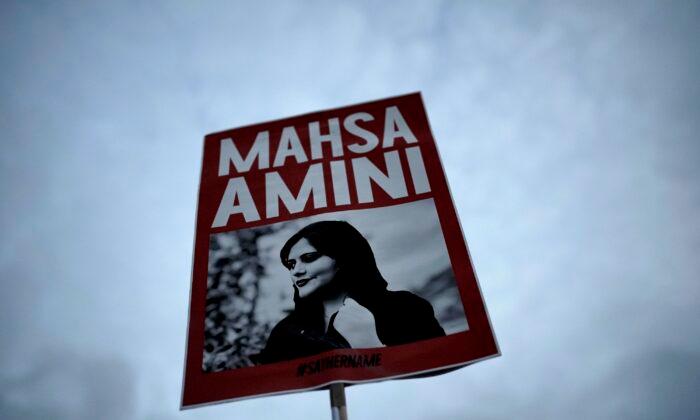The Australian government has extended its sanctions regime to include the four Iranian police officers allegedly responsible for the arrest, detention, and ill-treatment of Mahsa Amini.
Foreign Minister Penny Wong said in a media release that among those targeted by the government are four members of the Morality Police who were responsible for the arrest, detention and alleged ill-treatment of Mahsa ‘Jina’ Amini.
Australia will also sanction senior law enforcement, and political and military figures, including within the Islamic Revolutionary Guard Corps, involved in the violent crackdown on protests following the death of Amini and the continued oppression of the people of Iran.
“Australia stands with the people of Iran,” Wong said.
The human rights sanctions come as protests spurred by Amini’s death continue into their sixth month in Iran.
Amini died in September 2022, in suspicious circumstances after the country’s morality police arrested her for allegedly wearing her hijab improperly.
Thousands of Iranians have been protesting almost daily despite an increasingly violent crackdown from Iranian authorities. The regime’s suppression of protesters includes alleged arbitrary arrests and detentions, gender-based and sexual violence, excessive use of force, torture, enforced disappearances, and executions.
Currently, 30 youth groups from across Iran, that claim responsibility for organising many of the protests and strikes around the country since mid-October 2022, announced they have formed an alliance called the United Youth of Iran (UYI) to mobilise for regime change.
Opposition Says Sanctions Not Enough
But the Opposition is calling on the government to do more, with the former Home Affairs Minister Karen Andrews urging the federal government to list the Islamic Revolutionary Guard Corps (IRGC) as a terrorist organisation.“Listing the IRGC as a terrorist organisation would be a powerful signal to those who threaten our way of life.”

Government Pushes Back on Terror Listing
However, Labor MP Julian Hill has pushed back on the terror listing, arguing that it was a stunt. He said that such listings are merely a symbolic gesture that does nothing to stop the organisations in the real world.
“The things which hurt these people are the sanctions that matter, the things that Labor did when last in government and that Labor’s doing now: financial sanctions, broad-based sanctions and targeted Magnitsky sanctions like those the government has consistently imposed,” Hill said.“Sanctions were imposed last year on six individuals and two entities, including Iran’s famed morality police; in February, sanctions were imposed on one entity and 16 people, including senior officials; and today 14 individuals and 14 entities have been made subject to financial sanctions, with the individuals also subject to travel bans.
“That’s the stuff that actually makes a difference and matters, not stunts like this.”

Hill noted that the federal government had also been generally “muscling up” to the Iranian regime by applying diplomatic pressure through written correspondence, calling in the ambassador and having our ambassador see the government in Iran.
Wong also noted that Australia was joining with other partners to impose additional targeted financial sanctions and travel bans on 13 Iranian individuals and targeted financial sanctions on one entity involved in the production and supply of drones to Russia.
“Iranian-made drones have been used by Russia to target Ukrainian civilians and civilian infrastructure,” she said. “This listing demonstrates that there will be consequences for those who provide material support to Russia.”





Friends Read Free